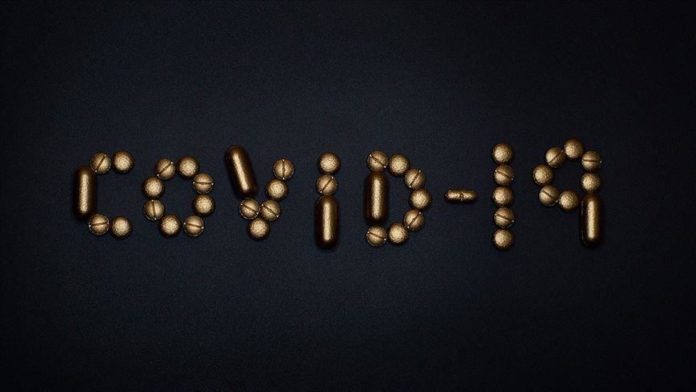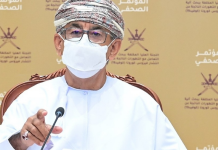According to WHO, the COVID-19 virus affects different people in different ways.
It is a respiratory disease and most people who are infected will develop mild to moderate
symptoms and recover without needing special treatment. Symptoms may appear 2-14 days
after exposure (based on the incubation period of MERS-CoV viruses).
WHO does warn that people with underlying medical conditions and those who are over 60
years old have a higher risk of developing severe disease and death.
COMMON SYMPTOMS
- Fever
- Tiredness
- Dry cough.
OTHER SYMPTOMS
- Shortness of breath
- Aches and pains
- Sore throat
Note: Very few people also report diarrhea, nausea or a runny nose.
WHAT SHOULD YOU DO?
If you are showing any mild symptoms, self-isolate and contact your doctor or your local COVID-19 helpline for advice.
People with fever, cough or difficulty breathing should call their doctor and seek medical attention.
Additionally, CDC says get medical attention immediately if you spot any emergency warning signs that include
- Trouble breathing
- Persistent pain or pressure in the chest
- New confusion or inability to arouse
- Bluish lips or face
This list has been taken from the CDC website and is not all-inclusive. Please consult your medical provider for any other symptoms that are severe or concerning.






